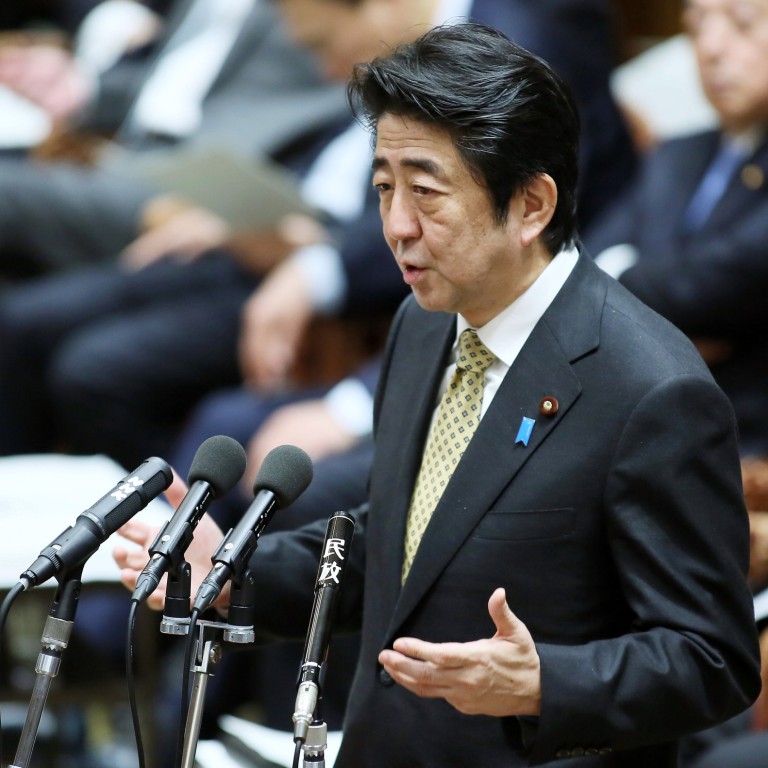
Japan set to restart nuclear power plants after 2011 Fukushima disaster
Japan will take a decisive step towards restarting some of its dormant nuclear reactors, with the cabinet widely expected to pass an action plan this month.
The new Basic Energy Plan, put forward by an agency under the Ministry of Economy, Trade and Industry last week, states that nuclear power remains "an important source of energy for the country and operable reactors should be restarted once they pass security checks". This marks a departure from the previous administration's pledge to give up on nuclear power.
Given that the plan is supported by Prime Minister Shinzo Abe, it is likely to be endorsed by the cabinet.
The government shut 48 reactors after a massive earthquake and tsunami struck Fukushima in the northeast of Japan on March 11, 2011, crippling the local nuclear power plant and triggering multiple meltdowns and widespread contamination. It also sparked a strong anti-nuclear campaign, prompting the previous administration under Naoto Kan to close all the remaining nuclear power plants.
But three years later, the anti-nuclear campaign is running out of steam. Since taking office in late 2012, Abe and his Liberal Democratic Party have been working to bring the nuclear reactors back online.
Public opinion, however, is divided. "Opinion polls show that the majority would like to move away from using nuclear power, but the anti-nuclear movement seems to have lost a bit of energy since the huge rallies of 2012," said Azby Brown, a Japan-based researcher with Safecast, a non-profit group that monitors radiation contamination around the world.
The latest blow for the anti-nuclear movement came last month when Yoichi Masuzoe, a pro-nuclear candidate backed by Abe, was elected governor of Tokyo, beating two anti-nuclear candidates.
Nuclear power supplied one-third of the country's energy needs before the disaster.
